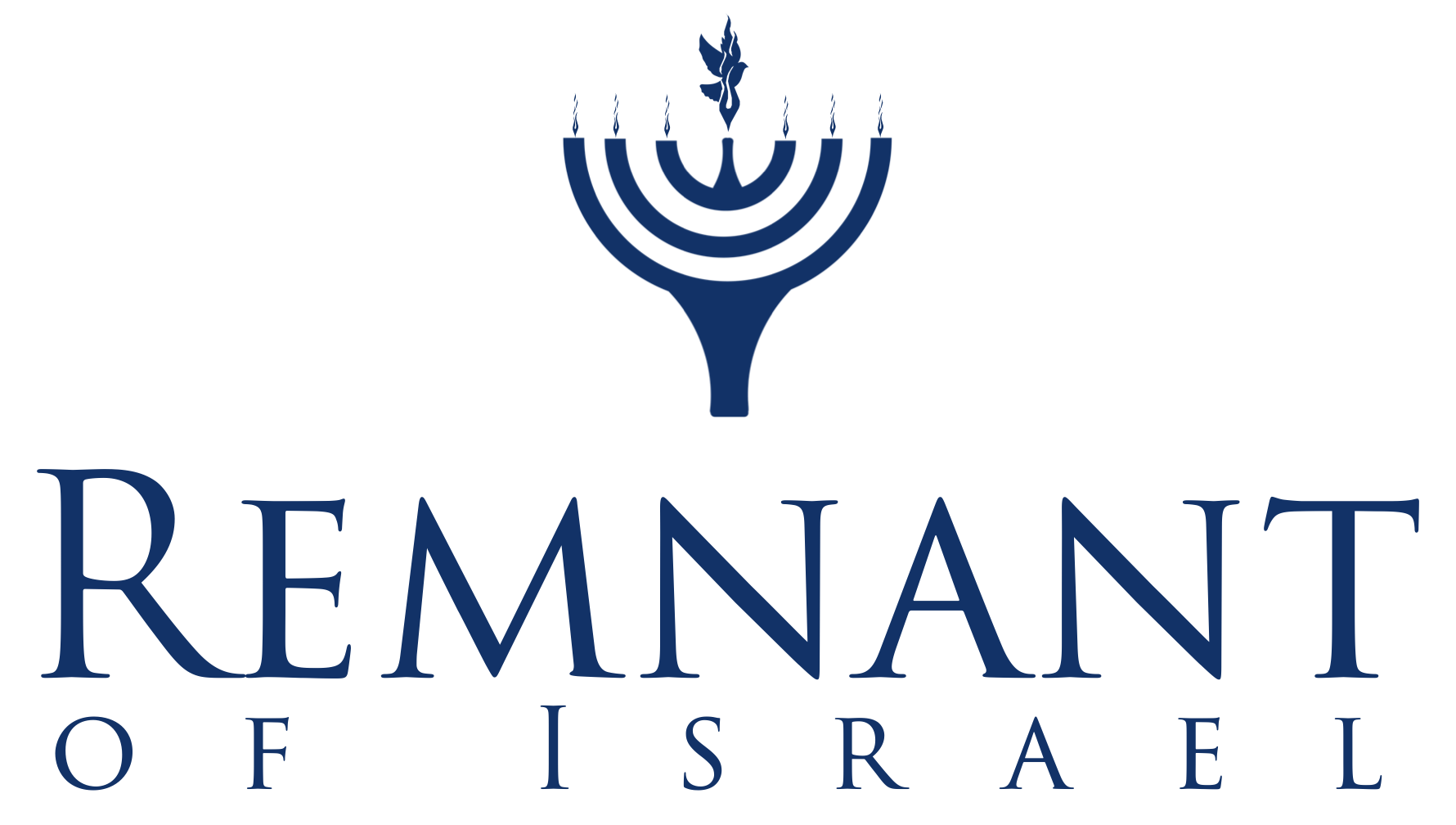Deciphering Messianic Terminology
Messianic terminology is used to express biblically based faith in the Messiah. The culture and expression of the New Covenant faith in its earliest stages was decidedly Jewish and biblical. Messianic believers wish to express their faith in the Messiah in a manner consistent with Jewish heritage and culture, and the Scriptures. This is because belief in the Messiah is consistent with being Jewish. He is the fulfillment of God’s promises to Israel. It communicates biblical truth without the excess baggage of historical prejudice or anti-Semitism. The following list of terms are helpful to those desiring to express their faith in GOD using Messianic terminology.
Messianic Terminology & Definitions
Messianic: This term refers to believers involved in Messianic congregations, both Jewish and Gentile one in Messiah. Messianic Jews are those in Messianic congregations who are of Jewish decent. Messianic refers to that expression of the biblical faith which expresses itself in a Jewish manner.
Congregation: Messianic congregations are not called churches. In the past, and in some places today, anti-Semitism has come from those who profess to be believers, both from clergy and laity. The Greek word, Ecclesia, refers to people not buildings. The term congregation does just that. Another New Covenant term for ecclesia is synagogue as it is used in James 2:1-6. There it refers to a meeting of believers. For this reason, the term congregation or synagogue is appropriate to describe Messianic congregations.
Covenant: This is a reference to testament, meaning agreement or contract. Instead of referring to the Old and New Testaments, Messianic believers refer to them as the Older Covenant, or Tenach, (its Hebrew name) and the New Covenant, or Brit Chadasha, (Hebrew for New Covenant.)
Tradition: Jewish cultural and religious practices, whether in their original forms or adapted to reflect the Messiah and Messianic beliefs.
Liturgy: Jewish liturgical elements, many of which are before the time of the Messiah, in both Hebrew and/or English, may be part of a Messianic worship service.
Yeshua: This is the name of the Messiah. Yeshua is a Hebrew word which has the root meaning Salvation, as it is written, “…You shall call His Name Yeshua (Salvation), because He shall save His people from their sins.” Transliterated into Greek as Iesous, it was derived into English as Jesus. Messianics use Yeshua instead of Jesus because Yeshua is the name He was called when He walked the earth. Due to persecution over the centuries in the name of “Jesus”, that name may communicate anti-Semitism to some. Therefore, the name Yeshua communicates Messiah as an option for Jewish people, as well as for non-Jews.
Messiah: This messianic terminology is used instead of Christ (which is a title, not a name). Messiah is derived from the Hebrew word Mashiach meaning Anointed One. Christ is derived from the Greek word Christos, also meaning anointed one. Using the Hebrew term rather than the Greek emphasizes that the Messiah is also for the Jewish people and not exclusively for the Gentiles. A second reason for using this term is, as with the name Yeshua, it often carries an anti-Semitic connotation to Jewish people.
Believer: This term is widely used instead of the term Christian in Messianic circles. The word Christian is only used three times in the New Covenant, and these reference Gentile believers. By using the term believer, the focus is on a person’s commitment to follow the Lord.
Terms Messianics prefer not to use:
Because they do not reflect a Jewish cultural expression, but reflect historic anti-Semitic images, Messianic Jews prefer not to use the following terms:
Christian: This term was first used of non-Jewish believers in Antioch as recorded in the Book of Acts. After the disappearance of ancient Messianic Judaism, it became the primary term used to refer to members of believing congregations. The term Messianic is used instead. This identifies Jewish believers as followers of the Messiah.
Conversion: To Jewish people conversion means turning away from the God of Abraham, Isaac and Jacob. Biblically, conversion refers to repentance, that is: turning to God. In Messianic circles, a person is spoken of as having become a believer, or becoming Messianic.
Baptism: Messianics refer to baptism as T’vilah, the immersion of believers, which had its origin in ancient Jewish rituals.
Cross: Messianics generally do not use the symbol of the cross, but do embrace the truth of Yeshua’s death, burial and resurrection. To Jewish people the cross is a symbol of persecution in Jesus’ name. They refer to the place where the Messiah was sacrificed as the “tree or execution stake”.
